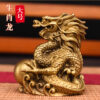Apollo, one of the Twelve Olympians, although is a god of many titles, is best known as the sun god. In the Temple of Apollo, 150 Delphic maxims (set of moral precepts) were inscribed. Of the 150, the most famous one is Γνῶθι σεαυτόν (Gnothi seauton), which translates to English as ‘Know thyself‘.
Know thyself has a few different interpretations. The earliest interpretations went along the lines of knowing oneself according to the natural order of things, and by extension as part of the universe. Knowing oneself is aligned to knowing the ways of the universe. Later interpretations attributed the meaning of the maxim to ‘know your limits’, which also means ‘know your place’, an advice against arrogance and overwhelming ego. Years later Socrates and his student Plato advanced the interpretation of ‘know your limits’ to that of a process of obtaining knowledge of oneself either through the knowledge of God or through knowledge of other human souls (particularly the aspect which made the soul good, namely wisdom). Whether to obtain knowledge of self through God or through others depends on which school of thought one subscribes to, but we are not going into that today. After Plato, ‘know thyself’ also has the interpretations of ‘know your faults’, for it is only when you know your own failings and weaknesses that you are able to make good decisions.
Throughout the centuries till today, many different people has touched upon this topic. Just a simple 2 words inscribed in the Temple of Apollo, but he who has a certain level of intellect and wisdom would be able to know the weight of these 2 words and what one could do if one truly accomplishes it, regardless of the interpretations presented throughout history. Yet not many bothered to really understand themselves.
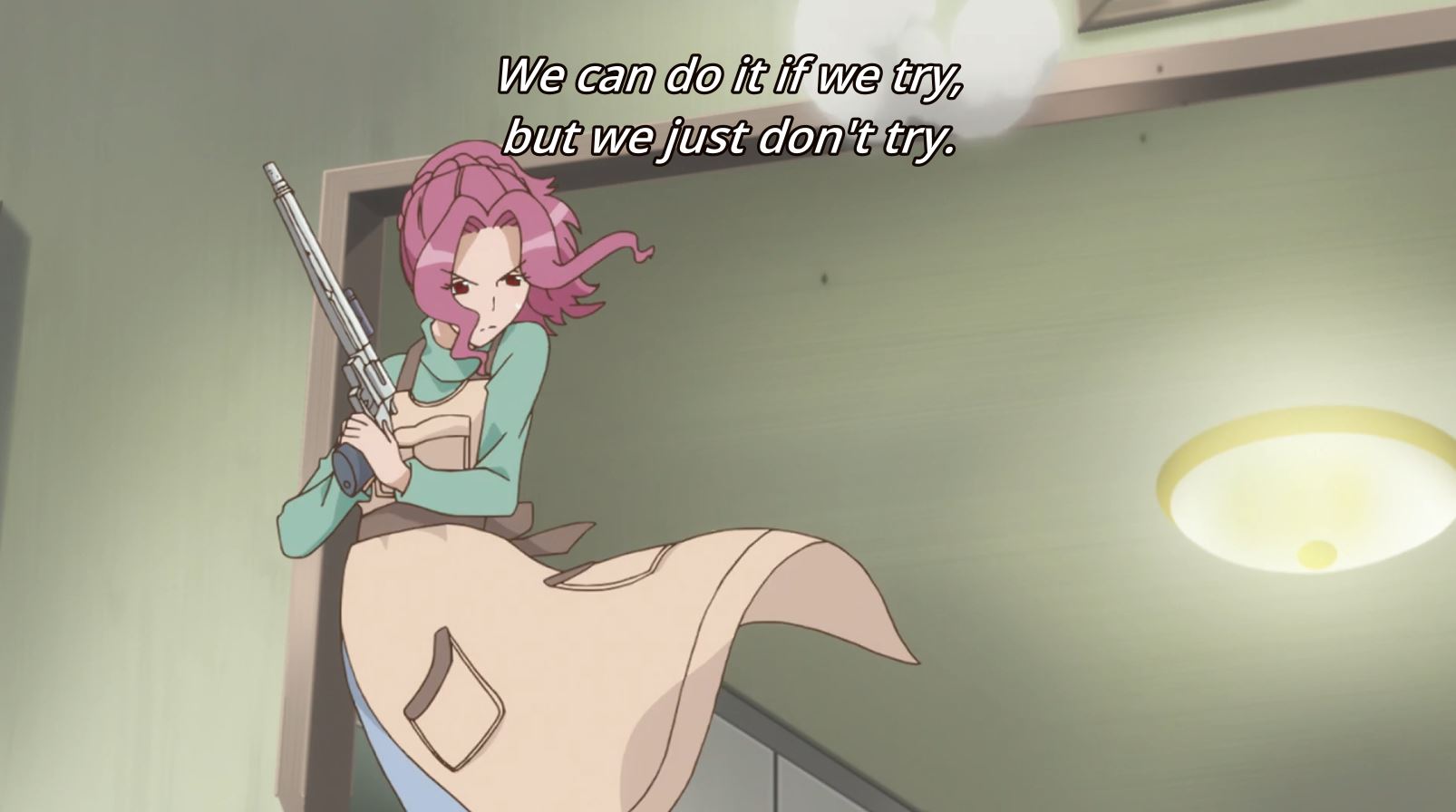
Know Thyself As You Aim For Financial Freedom
In our journey towards financial freedom, it is especially important that we know ourselves. Regardless of knowing your own place, or knowing your own faults, or simply knowing thyself through others, it is very important to know what type of person you are as this will directly impact the route you take to achieve success.
For example, if I know my background is that of a commoner who will not inherit a big company from my parents, then my first step (if it is not too late) would probably to learn a hard skill and earn good money via a day job in this era of mass production. If I know that I am a very risk-adverse person who have no stomach for much volatility but am willing to work hard, perhaps I would not play the financial markets but instead focus on building a safe side business such as dropshipping after my work hours.
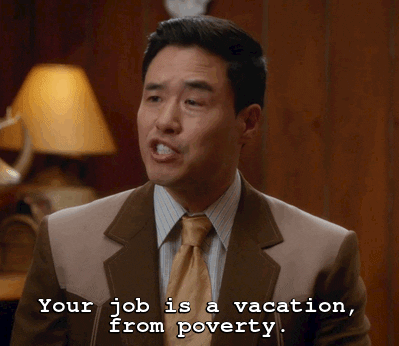
Know thyself includes realistically knowing your family background and family resources, knowing your own capabilities and limits, knowing your own likes and dislikes, your own goals, the sacrifices you are willing and able to make, and perhaps even your luck level.
Decisions We Make
Without knowing ourselves, we cannot make good decisions. We may over-estimate ourselves and get into a situation of unnecessary risk, where we failed horribly. Or we may get ourselves into a panicky situation where even though the risk level is manageable, we might not be able to take it, for example playing the forex market and then get all emotional at some paper losses. Socrates advised young Alcibiades not to enter politics until he has matured in wisdom. Alcibiades later accomplished much in life. Sometimes, one has to wait and make the necessary preparations.
The Battle of Thermopylae, also famously known as the battle of the 300 Spartan soldiers against the million-strong army of Xerxes I, was an inspiration to many. That being said, King Leonidas I did indeed gather 300 Spartans at first, and along the way to battle he managed to recruit more soldiers, totalling his army to 7000, still a small force compared to Xerxes I’s 300,000 strong army (after modern day’s revision as ancient texts exaggerated the number greatly). The strategy and tactical moves by the Spartans remain a legend till this day, as they fully understood and made use of first the topography of the battlefield, using their own battle equipment (their big shield) to block the narrow pass with their formation (the standard Greek phalanx). There are too many other things to note, but you get the idea – knowing thyself and thy surroundings very well will be able to help thee achieve success in an unfavourable situation.
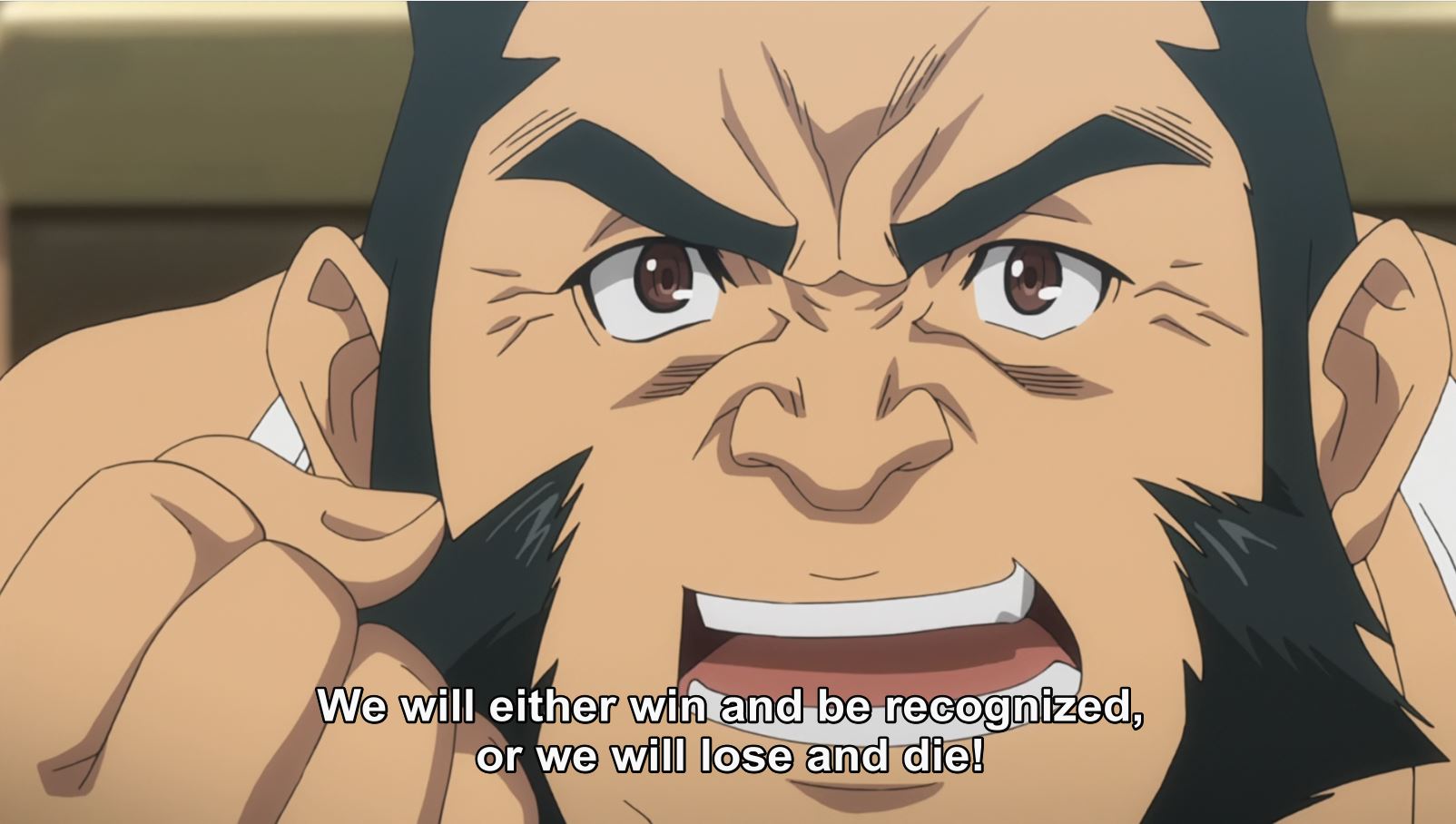
Our Sacrifices
What are the sacrifices we are willing and able to make? In movies we always hear of people chasing after their passion and obtaining success in the end. In useless inspirational talks or scammy motivational talks, we often hear speakers spouting bullshit like follow your passion because that will lead you to success one day if you persist.
However as adults we are often faced with a 3-point dilemma:
- What we want to do
- What we should do
- What we are good at doing
For most people there are at least 2 out of the above 3 items which does not match your ideal state. In my case, I want to be an author writing fiction. In fact I spent a lot of time writing stories during my school days and published it. Unfortunately, going down that line probably would not earn me enough to feed myself. I am not going to be the next J.K. Rowling or the next J.R.R. Tolkien. I could write stories on a part-time basis for now, but logically I should put in the effort to achieve the financial freedom I need first before I chase after my passion for I have other financial commitments and responsibilities. This means getting a job that pays me decently. Unfortunately, while I am good at my current job which admittedly pays me decent, I absolutely hate my current job. Knowing myself well, my best option is to slog at a job which I hate but pays me decent, and sacrifice whatever I need to to achieve financial freedom, so I can do what I want at 40.
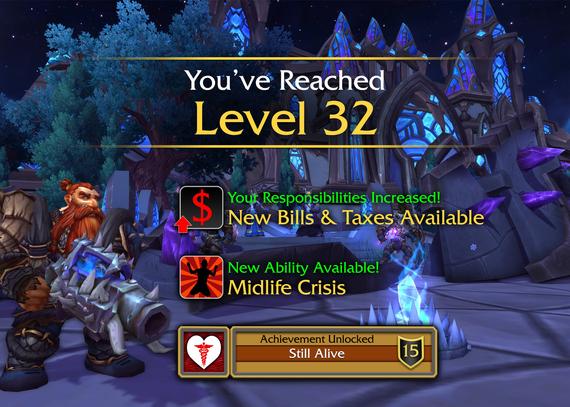
I know exactly what I want. But do you ‘know thyself’ enough to be able to make a good decision, so that you will arrive at a point of no regret? Many on the deathbed wished they had been honest to themselves, that they would chase after the dream they once had instead of money which they cannot bring over to the afterlife. Yet there are also as many who regretted giving up a good life to chase after an empty dream, dragging their whole family down with them in debt and poverty. Then there are those who had been dealt a good hand but wasted all on something they like but are not good at doing, for example a business.
How well do you ‘know thyself’ to be able to make the correct sacrifice and decision, so that you will die satisfied on that bed 30, 40 or 50 years later?
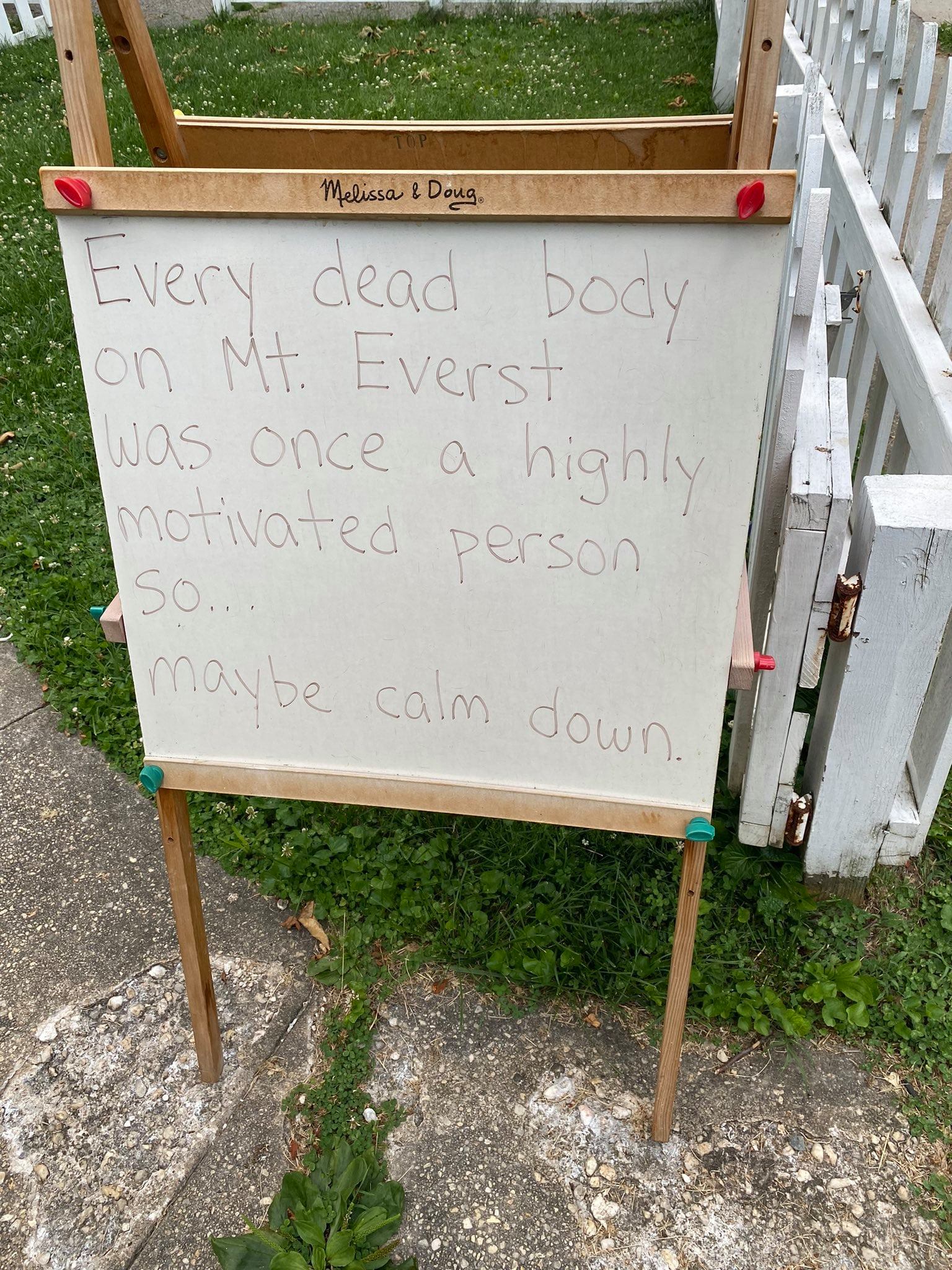
Conclusion
Know thyself – 2 words given to us in the Temple of Apollo and interpreted throughout history by different people. Yet not many is able to comprehend the meaning of the 2 words and what they have to do. Once they understood what they have to do, it is another lifelong never-ending process to discover and improve on oneself. In our pursuit towards financial freedom, we have to make many decisions. But all of us are human, and we will definitely make mistakes.
We cannot have the typical conservative Japanese mentality of not doing anything for fear of making a mistake. True, we will make lesser mistakes this way, but at the same time we will never fly. You will realise that financial freedom is divided into many tiers. Within each tier, one can climb up the levels by simply working hard at what he or she have been doing so far. However, to reach the next tier, one will have to do something different. That something different will decide whether one can jump up to the next tier. However, each jump to the next tier is accompanied by increasing difficulties and risks. To achieve what others could not, you have to do what others could not and dared not.
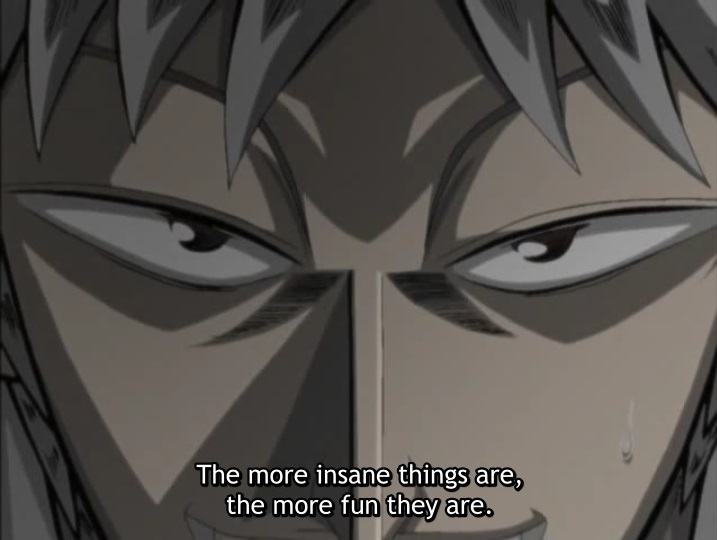
All of us will make mistakes as we attempt to jump to the next tier. But with each failure, reflect and ‘know thyself’ just a little more, so you will be able to make a better decision the next time. The failures may hit you hard depending on the degree of mistake you make, but if you ‘know thyself’ well enough, you will be able to reduce the probability and impact of failure and increase the chances of success.
Know thyself, so you can move forward with more certainty.
Know thyself, so you will not regret your actions.
Know thyself, because you can then push the boundaries of your limits.
Know thyself.
Showing 1 - 3 out of 3
Page 1 out of 1
| - | Shop Products | Price | |
|---|---|---|---|
|
|
$99,999.00
|
||
|
|
$1.00
|
||
|
|
Price range: $69.00 through $99.00
|


